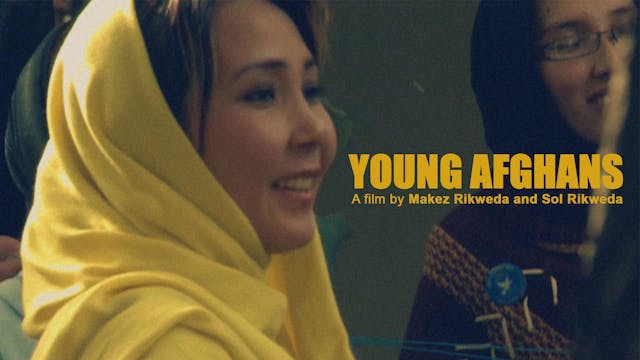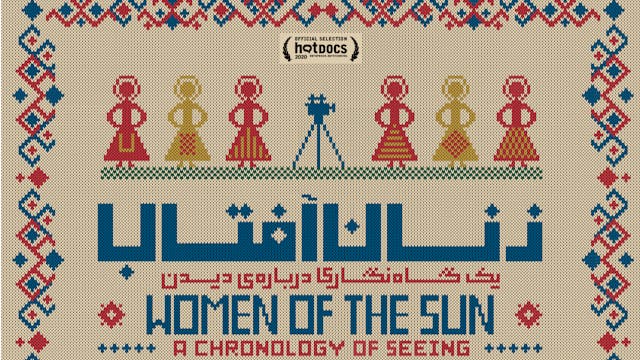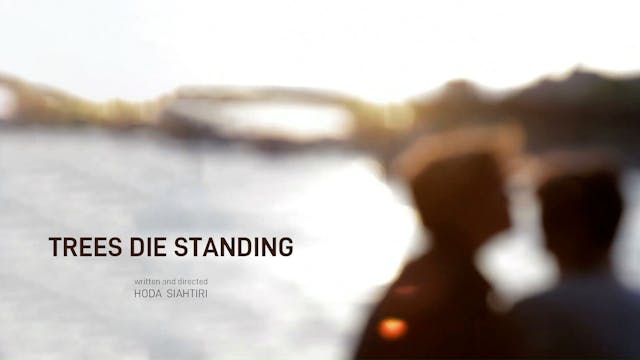Women's Quarter
All Films
•
18m
قلعه
Directed by Kamran Shirdel • 1966 • Iran
The Women's Quarter (Qaleh, 1966) shows the life of prostitutes in Tehran's city brothels, an area known as Shahre Now. The film closely follows a number of women and communicates how the burden of social constraints led them to surrender in the face of their common fate. By including photos in the film, a very unique and artistic approach that brings to mind Chris Marker's classic La Jetée, Shirdel not only tempers the subject's emotional heaviness but also respects the individual's privacy, two pitfalls that often afflict films that deal with themes of this nature. The film does explore the possibility of re-education and development for these women, but in no way does it paint over the hard and brutal reality. As the film closes, a magnificent scene shot in slow motion leaves us with the memory of this ugliness forever imprinted in our minds.
The film was produced on behalf of the Organization of Iranian Women and was immediately banned while shooting was still going on. After the revolution, a portion of the material was found, and Shirdel decided to finish the film using photos by the late Kaveh Golestan that were taken more than ten years after the film itself was shot.
Up Next in All Films
-
Young Afghans
افغانهای جوان
Directed by Makez Rikweda, Sol Rikweda • 2010 • Afghanistan
Young Afghans follows three charismatic students as they navigate their final year of university in Kabul. As Farzana, Mauj and Sabawoon discuss their hopes and dreams for the future, we also catch a glimpse of Afghanistan... -
Women of the Sun: A Chronology of Seeing
زنان آفتاب: یکگاه نگاری درباره دیدن
Directed by Hamed Zolfaghari • 2020 • Iran/France
A workshop in a small desert village in South Central Iran is set up to teach villagers how to use a camera to make short videos. The remote village faces many issues including drought, poverty, and a frustrate... -
Trees Die Standing
درختان ایستاده میمیرند
Directed by Hoda Siahtiri • 2016 • Iran/Belgium
After the 1979 Iranian Revolution, intellectuals and artists fled to Western countries, grappling with the challenges of exile. Delving into the memories and letters of Gholam Hosein Saedi, Trees Die Standing mirrors collecti...



